5-year research MOU to further pongamia development in India

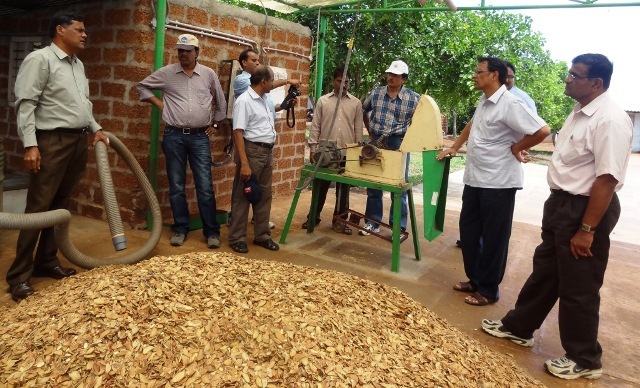
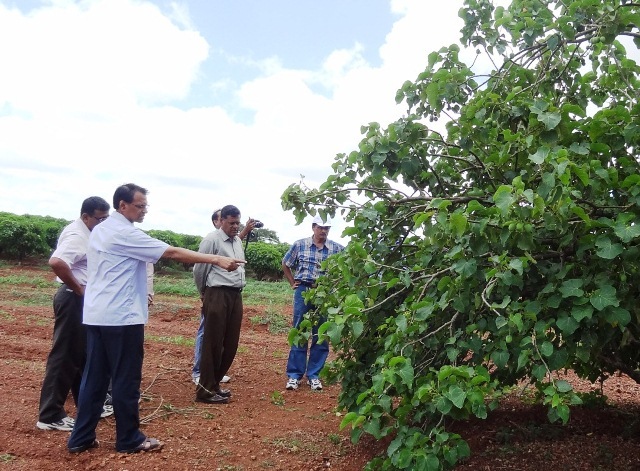
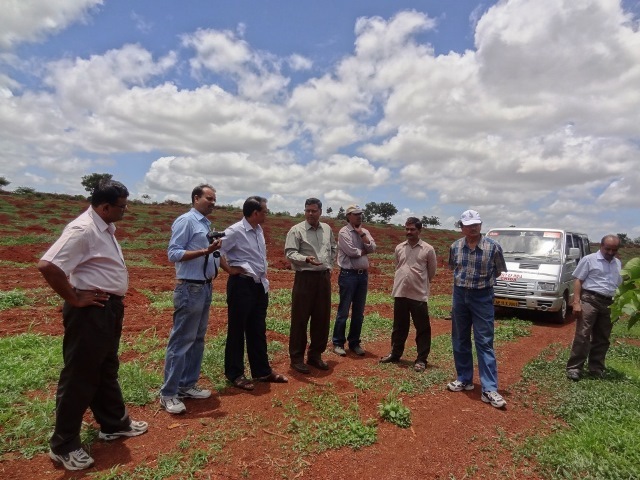
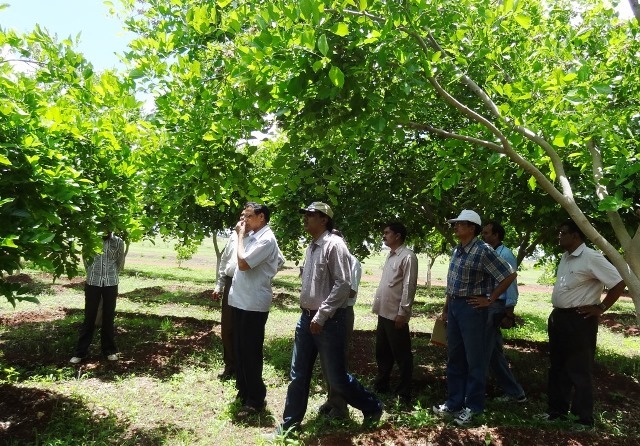
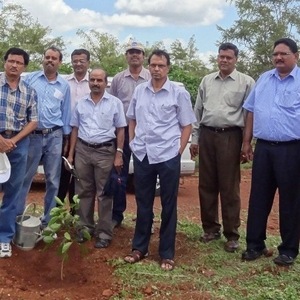
Photo: Tree Oils India Ltd.
August 14, 2013
BY Ron Kotrba
Tree Oils India Ltd. signed a memorandum of understanding (MOU) with the Central Research Institute for Dryland Agriculture to conduct collaborative research over the next five years for developing an alternate farming system focused on low-cost, integrated and sustainable agriculture in dry lands, producing renewable energy and improving rural livelihoods.
Pongamia is the initial focus, and current research activities identified are water, nutrient and hormonal management; pest and disease management; carbon sequestration studies; developing machinery for harvesting, dehulling and oil extraction; studying the impact of climate change on productivity; and developing integrated cropping systems.
On behalf of TOIL, Sri Vijay Yenamandala initiated work to study the pongamia pod borer as well as develop a pongamia mechanical harvester under the guidance of CRIDA Director Bandi Venkateswarlu.
Advertisement
Advertisement
The locations of the project thus far are TOIL’s R&D farm near Hyderabad, India, and the laboratories of CRIDA, also in Hyderabad. While the new research agreement is for five years, Sreenivas Ghatty, managing director of TOIL, said they hope to achieve meaningful outcomes in two to three years. “We may go to other locations in the next few years as we progress,” he said, adding that TOIL has MOUs with Acharya NG Ranga Agricultural University, University of Hyderabad and Bayer Crop Science for similar research collaborations. “The exact activities will be delineated while developing the detailed activities to ensure that the proposed research activities with all the collaborators are complimentary but not competitive,” Ghatty said. “We are implementing a pilot integrated Pongamia plantation project in Meghalaya, India, and that location could also be included in the project.”
Advertisement
Advertisement
Related Stories
The USDA significantly increased its estimate for 2025-’26 soybean oil use in biofuel production in its latest World Agricultural Supply and Demand Estimates report, released July 11. The outlook for soybean production was revised down.
U.S. fuel ethanol capacity fell slightly in April, while biodiesel and renewable diesel capacity held steady, according to data released by the U.S. EIA on June 30. Feedstock consumption was down when compared to the previous month.
The U.S. EPA on July 8 hosted virtual public hearing to gather input on the agency’s recently released proposed rule to set 2026 and 2027 RFS RVOs. Members of the biofuel industry were among those to offer testimony during the event.
The USDA’s Risk Management Agency is implementing multiple changes to the Camelina pilot insurance program for the 2026 and succeeding crop years. The changes will expand coverage options and provide greater flexibility for producers.
The USDA’s National Agricultural Statistics Service on June 30 released its annual Acreage report, estimating that 83.4 million acres of soybeans have been planted in the U.S. this year, down 4% when compared to 2024.
Upcoming Events










